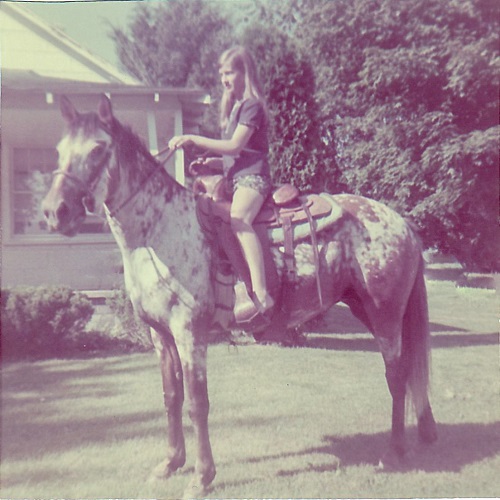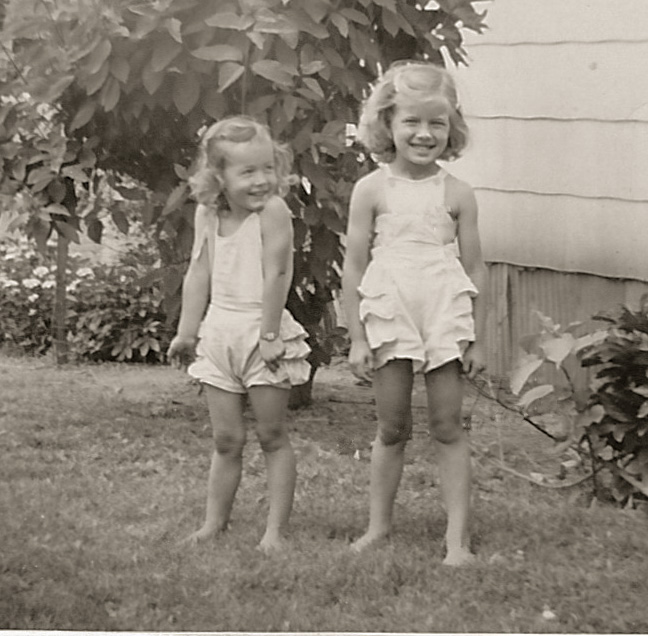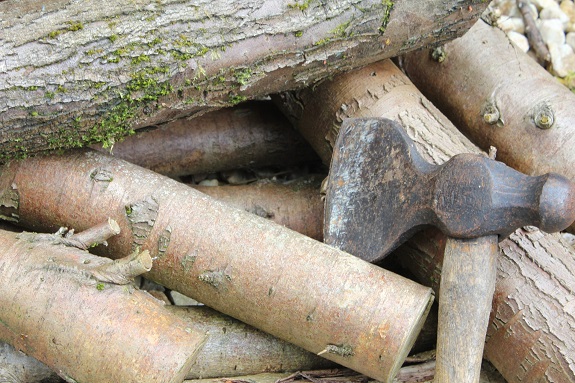Give It a Rest
 Sometimes we want people to give it a rest. Their constant talk or actions get on our nerves. Of course, we probably get on their nerves from time to time too.
Sometimes we want people to give it a rest. Their constant talk or actions get on our nerves. Of course, we probably get on their nerves from time to time too.
When we tell people to give it a rest, we want them to stop irritating talk or actions.
Their annoying talk may include:
- Fussing
- Nagging
- Begging
Their words sound like a broken record.
Actions may include:
- Constant interruptions
- Loud videos
- Rude behavior
They ruffle our feathers.
To tell others to give it a rest can sound impolite.
It is simply another way to tell them to shut up or stop it.
An alternative is to get away from the irritating people.
- Take a walk.
- Work outside.
- Sit beside a calm stream.
Moments alone remind us that silence is golden. We rest and refresh our minds and bodies.
“He makes me lie down in green pastures, he leads me beside quiet waters” (Psalm 23:2 NIV).
Thanks to J.D. Wininger for the suggestion.
Do you have an expression you want explained or a thought about this one? If so, please comment below.
Subscribe to receive my weekly posts by email and receive a free copy of “Words of Hope for Days that Hurt.”
If you enjoyed this post, please share it with your friends.








